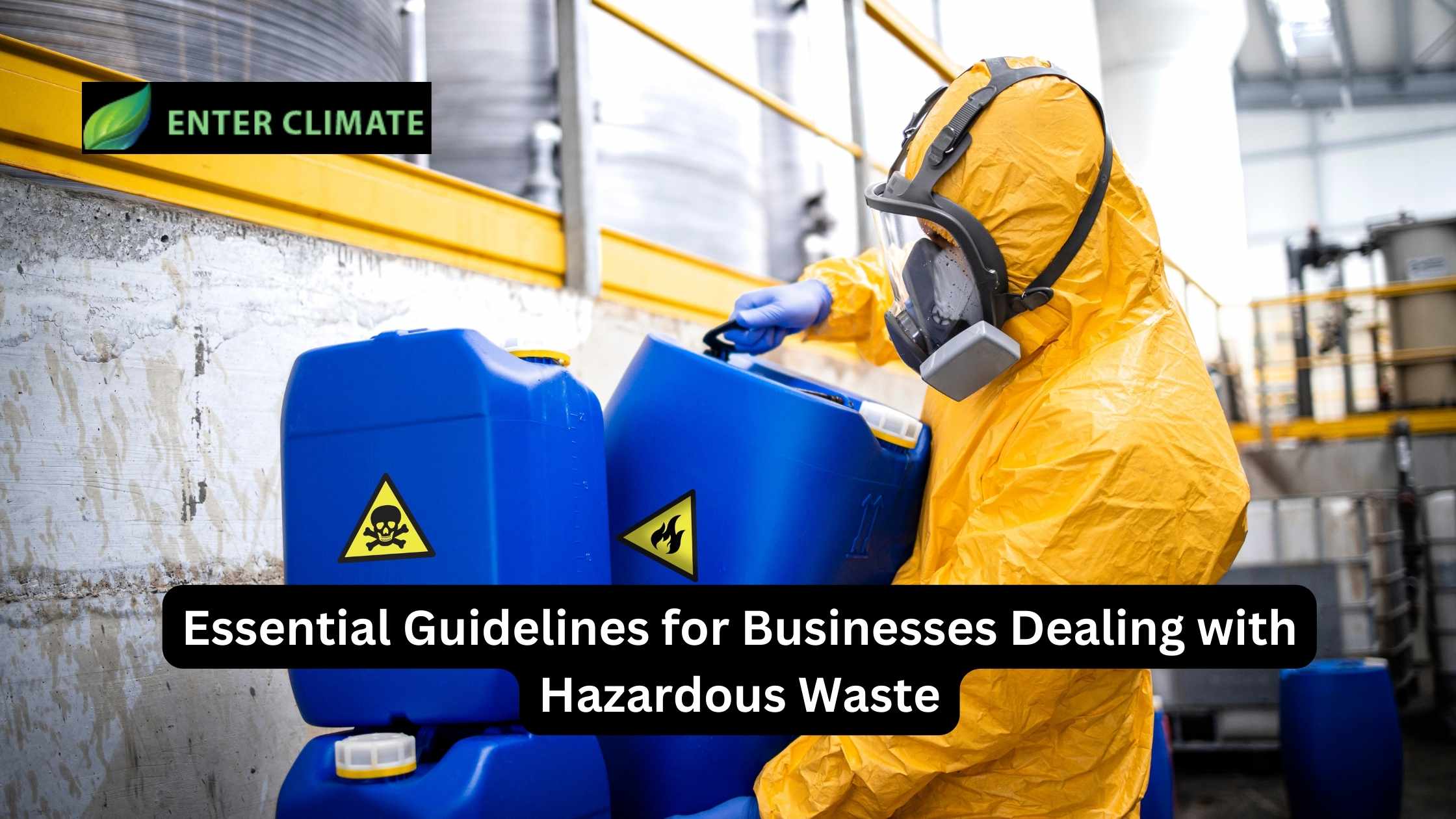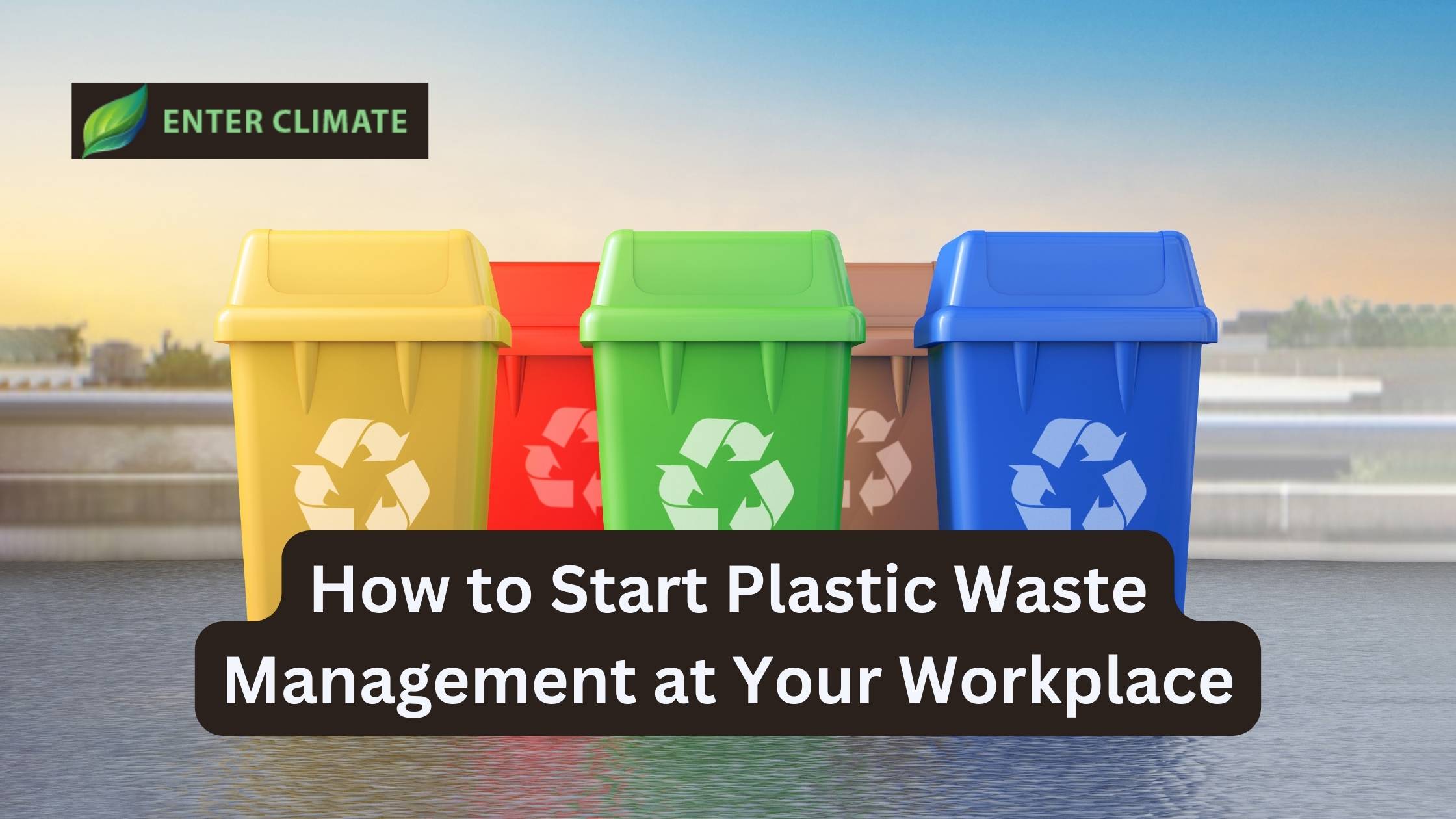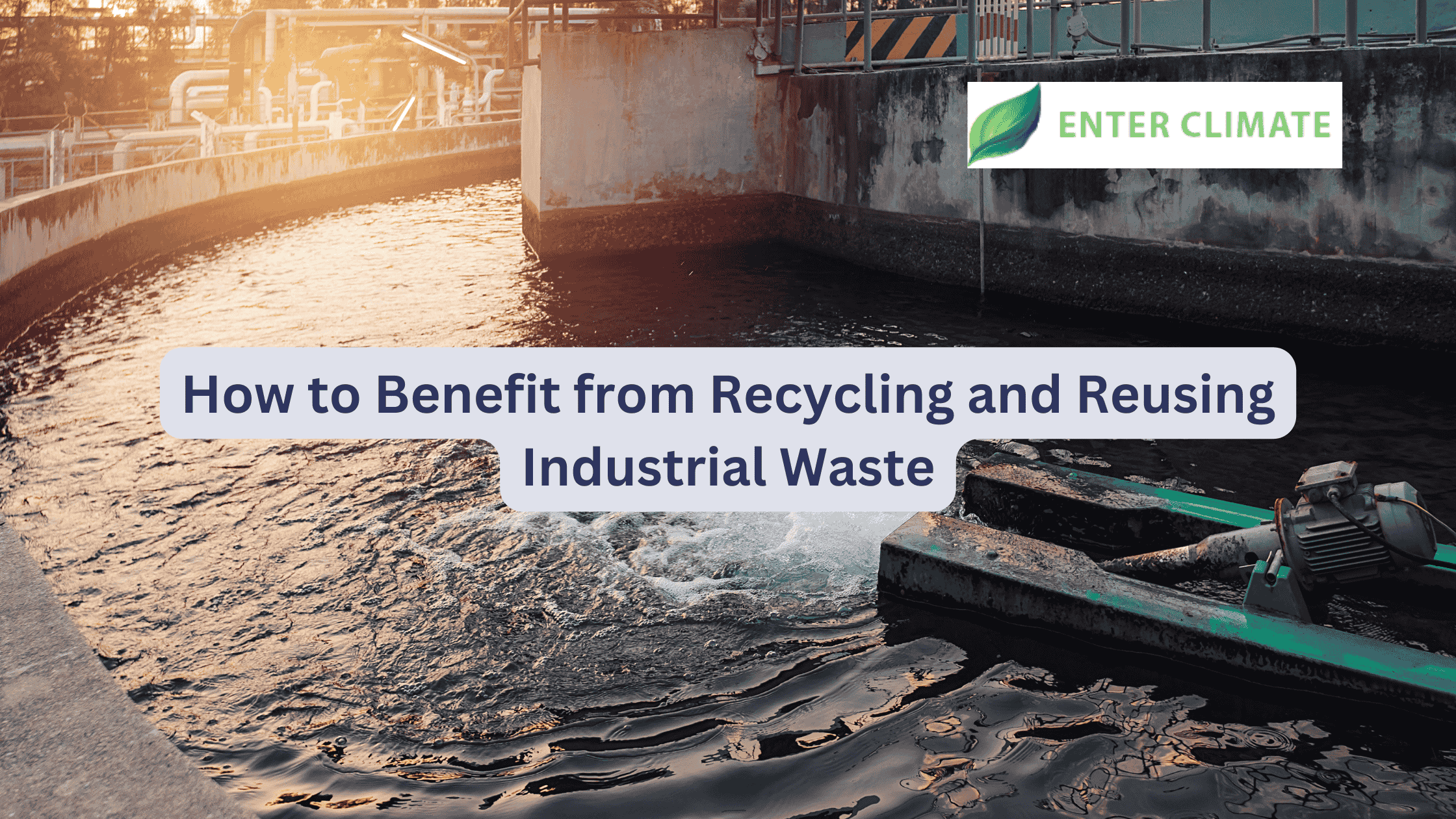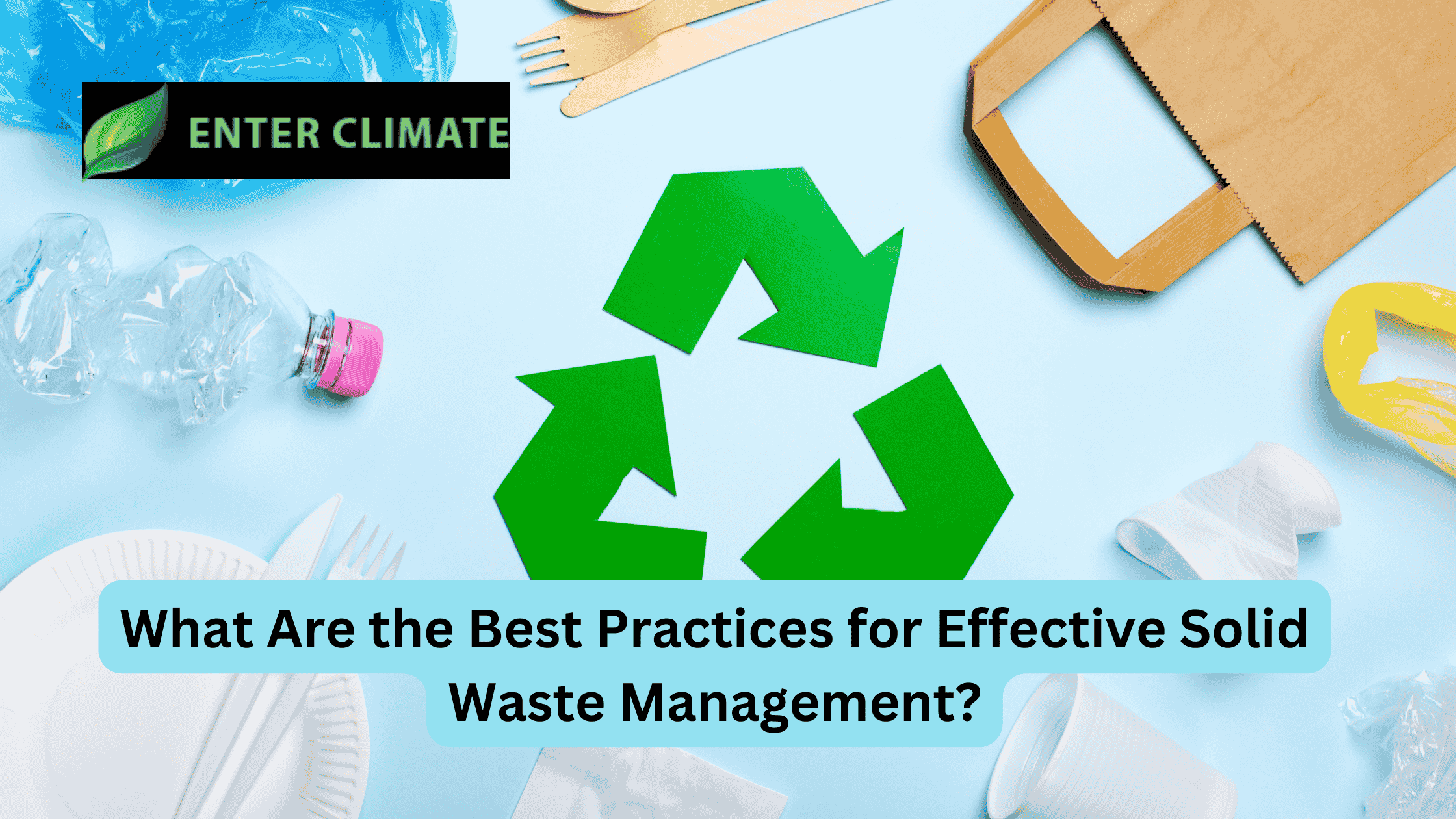The Plastic Problem: Why It’s a Global Crisis
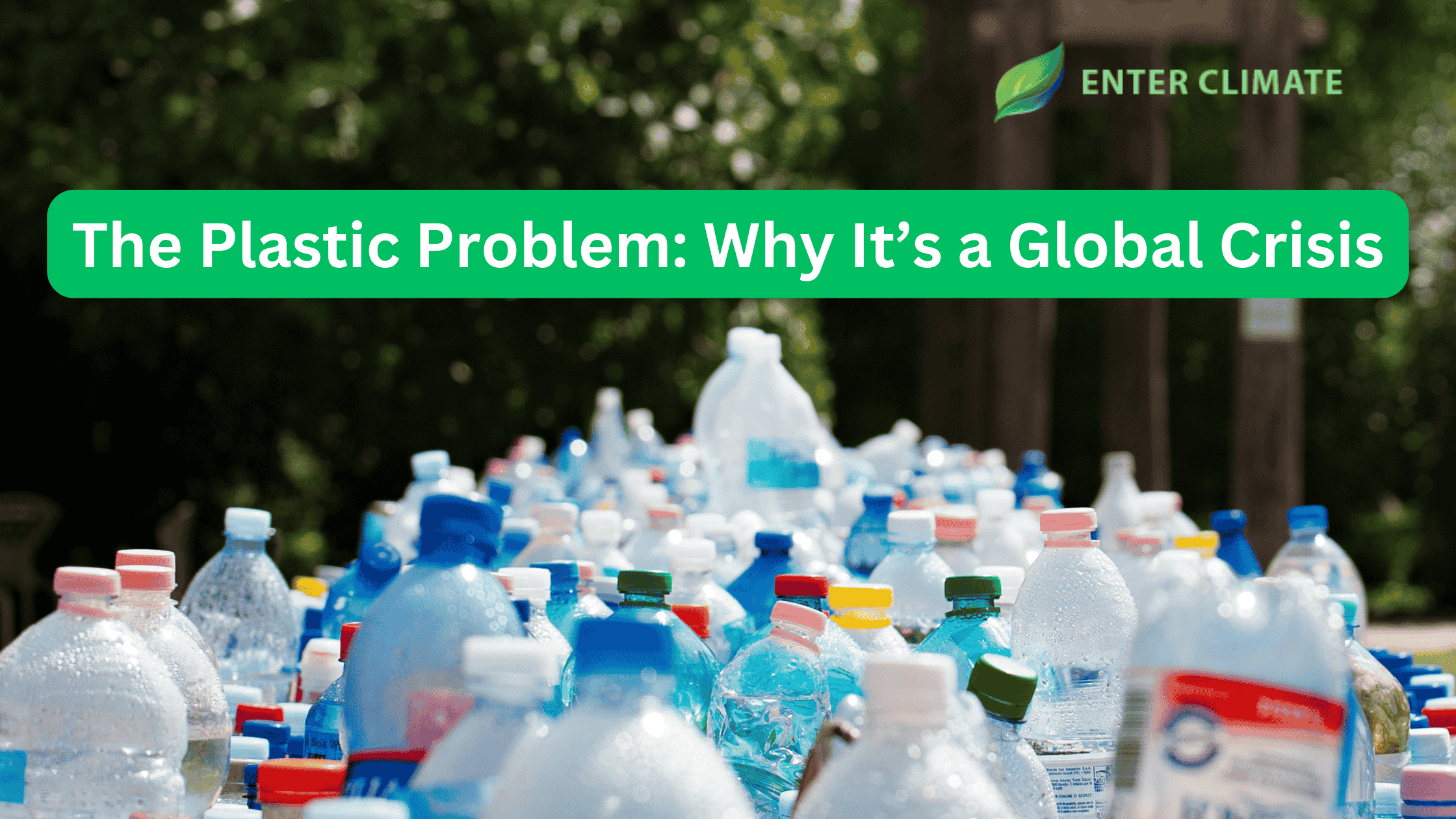
Plastic is deeply embedded in modern life, offering convenience, durability, and cost-effectiveness. Yet these very traits have made it one of the most challenging materials to manage sustainably. As millions of tons of plastic waste accumulate globally each year, the consequences for the environment, human health, and future generations have escalated into a full-blown crisis. This blog delves deeper into the intricacies of this problem and the critical role of effective plastic waste management.
Introduction
Plastic has been a cornerstone of innovation since its inception, reshaping industries and enhancing everyday convenience. However, the exponential rise in production and improper disposal have created an environmental catastrophe. How did we get here, and why does managing plastic waste matter more than ever?
The Scope of the Crisis
Soaring Production and Waste
Global plastic production exceeds 400 million tons annually, with the figure projected to double by 2050. However, only 9% of all plastic ever produced has been recycled. A staggering amount ends up in landfills or the natural environment, where it persists for centuries due to its non-biodegradable nature.
Plastic Pollution’s Widespread Reach
Plastic pollution is not limited to urban areas or coastlines; it has reached the remotest parts of the planet. Microplastics have been found in Arctic ice, deep-sea trenches, and even in the bloodstream of humans.
1. Oceans Under Threat: Approximately 8-10 million tons of plastic enter the oceans annually, causing devastating effects on marine life. Species ingest or become entangled in plastics, leading to injury, starvation, or death.
2. Landfills Overflowing: Plastics take hundreds of years to decompose. Inadequate waste management systems, especially in developing regions, exacerbate the problem.
The Environmental Repercussions
Biodiversity Loss
The impact on wildlife is profound. Marine animals mistake plastic waste for food, leading to blockages in their digestive systems. Land animals are not spared, with incidents of plastic ingestion or entanglement increasingly reported.
Soil and Water Contamination
Plastics degrade into smaller fragments known as microplastics, which infiltrate soil and water sources. This contamination disrupts natural ecosystems, affecting plant growth and water quality.
Climate Implications
The plastic life cycle—from production to disposal—contributes significantly to greenhouse gas emissions. It is estimated that plastic-related emissions could account for 13% of the global carbon budget by 2050.
Why Is Plastic So Problematic?
Durability: A Double-Edged Sword
While plastic’s durability makes it a preferred material, it also ensures its long-term presence in the environment. This resistance to natural degradation creates accumulation issues.
Recycling Challenges
Recycling plastic is neither straightforward nor widespread. Many plastics are contaminated or made from complex polymers that are not easily recyclable. Moreover, the economics of recycling often do not favor its adoption.
Consumer Behavior
The rise of single-use plastics has compounded the problem. Items such as plastic bags, bottles, and straws are discarded after minimal use, accounting for nearly 50% of plastic waste.
The Role of Plastic Waste Management
Preventing Waste at the Source
Reduction strategies are pivotal. Efforts like banning single-use plastics, promoting reusable alternatives, and implementing deposit-return schemes can drastically cut down waste.
Innovative Recycling Solutions
Technology plays a crucial role in advancing recycling. From chemical recycling that breaks plastics into their base materials to biodegradable plastic alternatives, innovation is key.
Community Engagement
Waste management is not solely the responsibility of governments or corporations. Communities can contribute through clean-up drives, waste segregation, and education campaigns.
Global Initiatives and Policies
The Basel Convention
The Basel Convention on Plastic Waste, signed by over 180 countries, aims to regulate the transboundary movement of plastic waste to curb illegal dumping and ensure proper disposal.
Corporate Responsibility
Companies are increasingly held accountable for their plastic usage. Policies such as Extended Producer Responsibility (EPR) mandate that manufacturers manage the lifecycle of their products, including post-consumer waste.
Success Stories
Countries like Rwanda and Kenya have set examples by implementing strict bans on single-use plastics. Other nations have adopted progressive policies that incentivize waste reduction and recycling.
The Human Health Angle
Toxicity Risks
Chemicals used in plastic production, such as bisphenol A (BPA) and phthalates, leach into the environment and food chain. These substances are linked to hormonal disruptions, cancers, and other health issues.
Microplastics in Food
Microplastics have been detected in drinking water, seafood, and even table salt. Although research is ongoing, the long-term health impacts are concerning.
How Can Individuals Make a Difference?
Adopt Sustainable Habits
- Use reusable bags, bottles, and containers.
-Avoid products with excessive plastic packaging.
Support Local Recycling
- Educate yourself on recycling practices in your area.
- Participate in or organize recycling initiatives.
Advocate for Change
- Voice support for policies that combat plastic pollution.
- Spread awareness within your community about the crisis and solutions.
The Way Forward
The plastic crisis is daunting, but it is not insurmountable. Governments, businesses, and individuals must work together to combat plastic waste. Reducing production, improving waste management, and fostering a culture of sustainability are essential steps toward a healthier planet.
The future lies in embracing innovative solutions, enforcing strict regulations, and cultivating an informed, responsible global community. By addressing the root causes and effects of plastic waste, we can safeguard ecosystems and ensure a cleaner world for generations to come.
Note: IndiBlogHub features both user-submitted and editorial content. We do not verify third-party contributions. Read our Disclaimer and Privacy Policyfor details.



